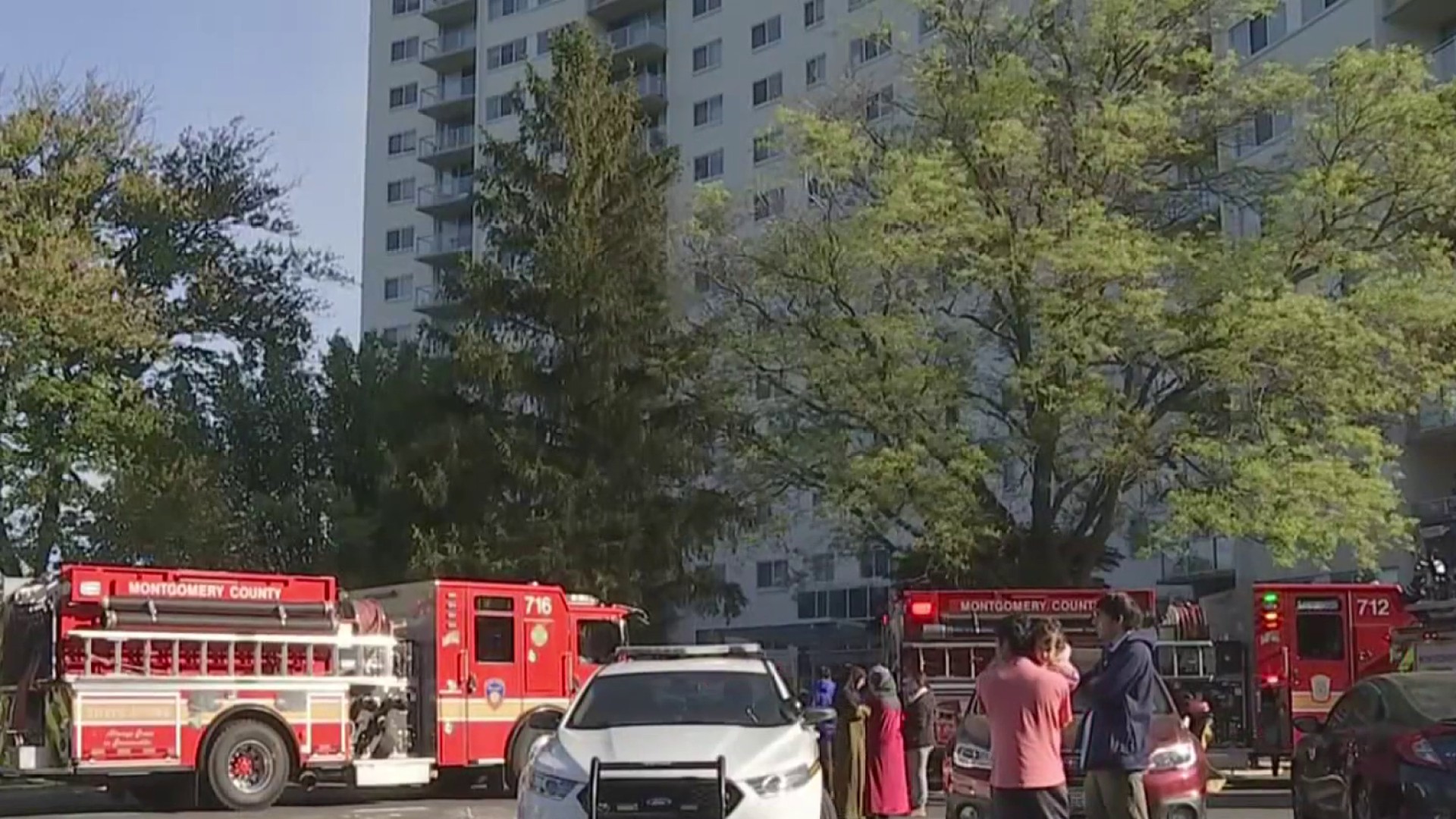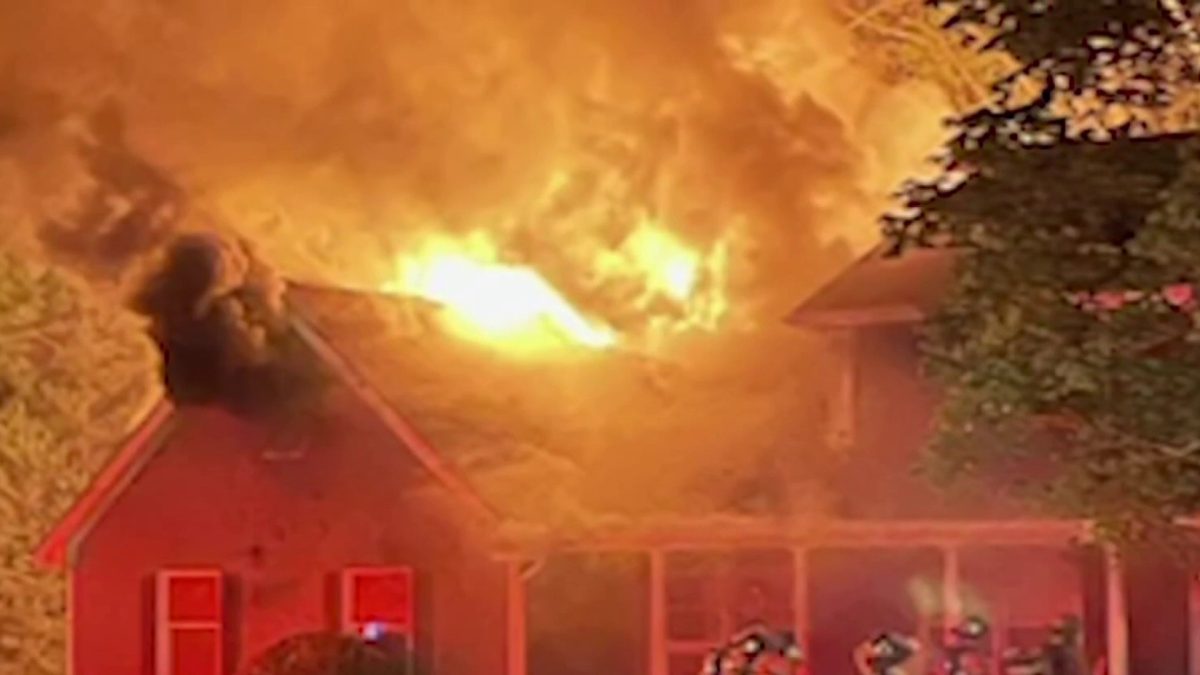A Maryland couple said Ford agreed to buy back their Explorer after a News4 consumer investigation discovered a carbon monoxide leak.
After toxicologist Albert Donnay found elevated levels of carbon monoxide in Mark and Valentina Shedrick’s 2016 Explorer a few weeks ago, Ford sent engineers to test and repair it within days.
Ford said their engineers took it out for an "in-vehicle drive evaluation" and tested for carbon monoxide. The Shedricks said the engineers detected carbon monoxide but refused to put the results in writing.
“What is it going to take to make a black and white copy with the elevated levels carbon monoxide?” Valentina Shedrick asked.
When News4 asked Ford why the engineers wouldn't document the carbon monoxide levels, we were told, "The Ford engineers who investigated the customer's vehicle did not generate a written report. They provided the information from our investigation directly to the customer, verbally.”
The response had one car safety expert questioning Ford's motives.
“No data, no problem,” car safety expert Sean Kane said.
Local
Washington, D.C., Maryland and Virginia local news, events and information
Ford serviced the Shedricks’ vehicle and took it out for another test drive and found "consistent carbon monoxide readings near zero," which they did document.
When News4 had their vehicle retested by Donnay, he found the same.
Even though the Shedricks' car was repaired and showing no levels of carbon monoxide, they said they don't trust it and refuse to drive it.
“I'm still not convinced this vehicle is safe to drive,” Valentina Shedrick said.
Tuesday afternoon, the Shedricks called to say Ford has offered to buy back their vehicle.
The National Highway Traffic Safety Administration is investigating more than 2,700 complaints from Ford Explorer owners who say fumes or carbon monoxide is leaking into their SUVs and making them sick.
“It's been going on a number of years,” Kane said.
Ford continues to say it has "not found carbon monoxide levels in non-police Explorers that present a risk to safety."
“There is no federal standard for vehicles for interior cabin air quality, particularly carbon monoxide,” Kane said.
In a letter sent to NHTSA, Ford said when it tested several Explorers, it found levels of carbon monoxide well below its own "internal air quality standards."
When News4 asked what those standards are, Ford said, “There is no standard specifically for vehicle interiors."
The company went on to say, "Ford references a variety of government standards, guidelines and sources to ensure the safety of our vehicles."
One of those references is the “global vehicle interior air quality standard,” but several air quality experts told News4 they have never heard of it. Ford declined to provide information about where that standard came from.



